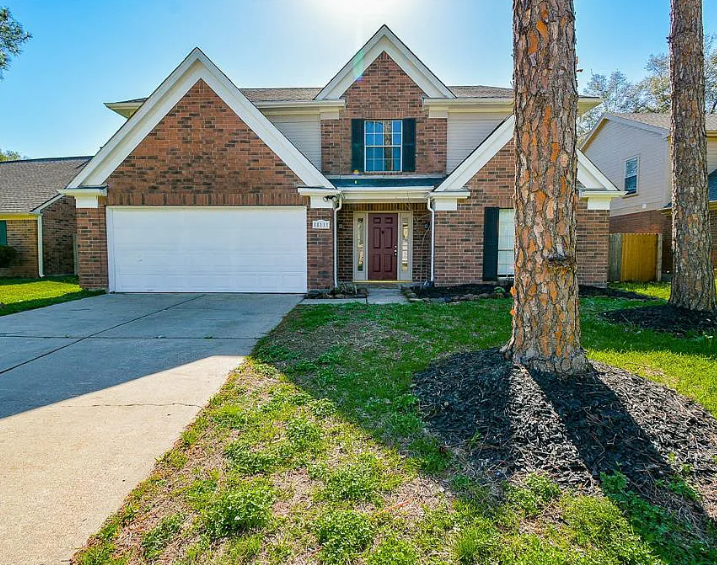Tips for a Successful Home Selling Experience
Selling a home can be a complex and emotional process. Whether you’re downsizing, relocating, or looking for a change, it’s essential to approach the sale strategically to maximize your chances of success. Here are some tips for a successful home selling experience:
- Set the Right Price: Pricing your home appropriately is crucial. Research the local market and consult with real estate agents to determine a competitive listing price. Avoid overpricing, as it can deter potential buyers, while underpricing may lead to missed opportunities. Find a balance that reflects your home’s value and attracts qualified buyers.
- Enhance Curb Appeal: First impressions matter, so invest time and effort into improving your home’s curb appeal. Enhance the exterior by maintaining the landscaping, cleaning the siding, and adding fresh paint if needed. A welcoming entrance, well-maintained yard, and appealing exterior can entice buyers and set a positive tone for the rest of the showing.
- Stage and Declutter: Create a welcoming and visually appealing interior by staging your home. Remove personal items, declutter, and arrange furniture in a way that highlights the space’s potential. Consider hiring a professional stager who can showcase your home’s best features and create a neutral, inviting atmosphere.
- Highlight Key Features: Identify and emphasize your home’s unique selling points. Is it the spacious kitchen, a backyard oasis, or a convenient location? Showcase these features through high-quality photos, engaging descriptions, and targeted marketing materials. Make sure potential buyers understand the value your home offers.
- Effective Marketing: Utilize various marketing channels to reach a wide pool of potential buyers. This may include online listings, professional photography, virtual tours, social media promotion, and collaboration with real estate agents. Leverage technology to maximize exposure and capture the attention of interested buyers.
- Respond Promptly: Actively engage with prospective buyers and respond promptly to inquiries. Make yourself available for showings, be flexible with scheduling, and provide accurate information about the property. Timely communication helps build trust and keeps potential buyers engaged throughout the process.
- Negotiate Wisely: When offers start coming in, approach negotiations with a clear understanding of your priorities. Evaluate offers based on not only the sale price but also contingencies, financing terms, and timelines. Work closely with your real estate agent to navigate negotiations and secure the best possible deal.
- Prepare for Inspections and Appraisals: Once you’ve accepted an offer, prepare for inspections and appraisals. Address any necessary repairs or maintenance items promptly. Provide necessary documentation and access to ensure a smooth and successful inspection process.
- Maintain Flexibility and Patience: Selling a home can take time, and there may be ups and downs along the way. Maintain flexibility, be patient, and trust the process. Stay in close communication with your real estate agent, who can provide guidance and support throughout the selling journey.
- Plan Your Move: As the closing date approaches, start planning your move. Arrange for utilities transfer, notify relevant parties of your change of address, and organize packing and moving logistics. A well-planned and organized move can reduce stress and ensure a smooth transition to your new home.
Selling a home can be a rewarding experience with the right approach. By setting the right price, enhancing curb appeal, staging, effective marketing, prompt communication, and strategic negotiation, you can increase your chances of a successful sale. Work closely with a trusted real estate agent who understands your goals and can guide you through the process. With careful planning and execution, you’ll be well on your way to a successful home selling experience.

